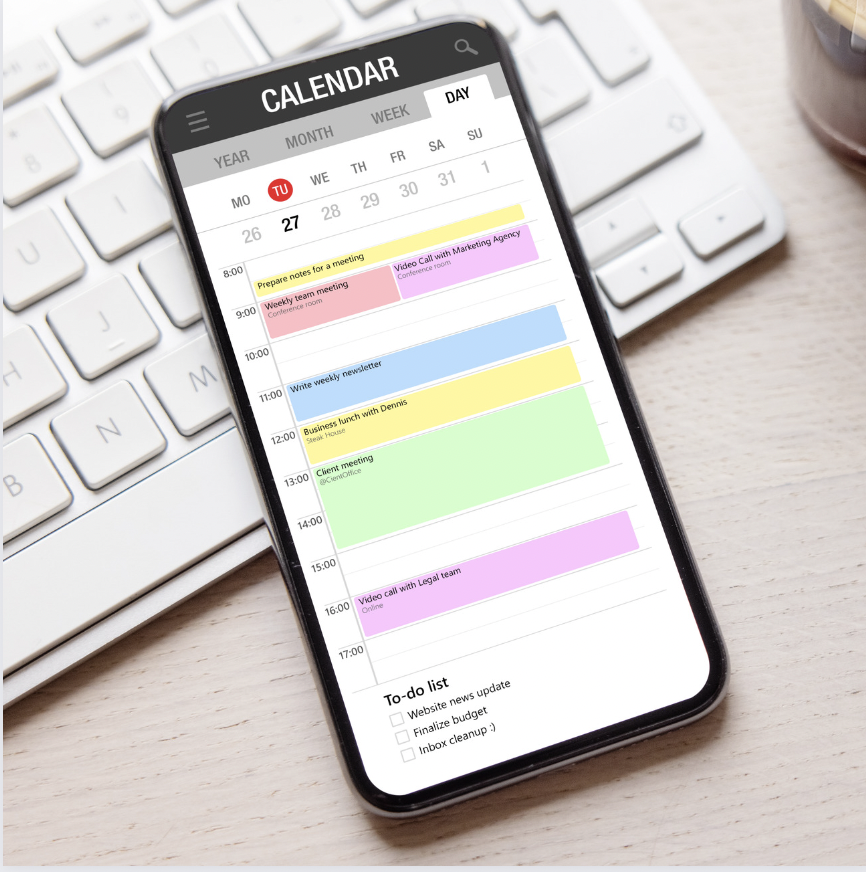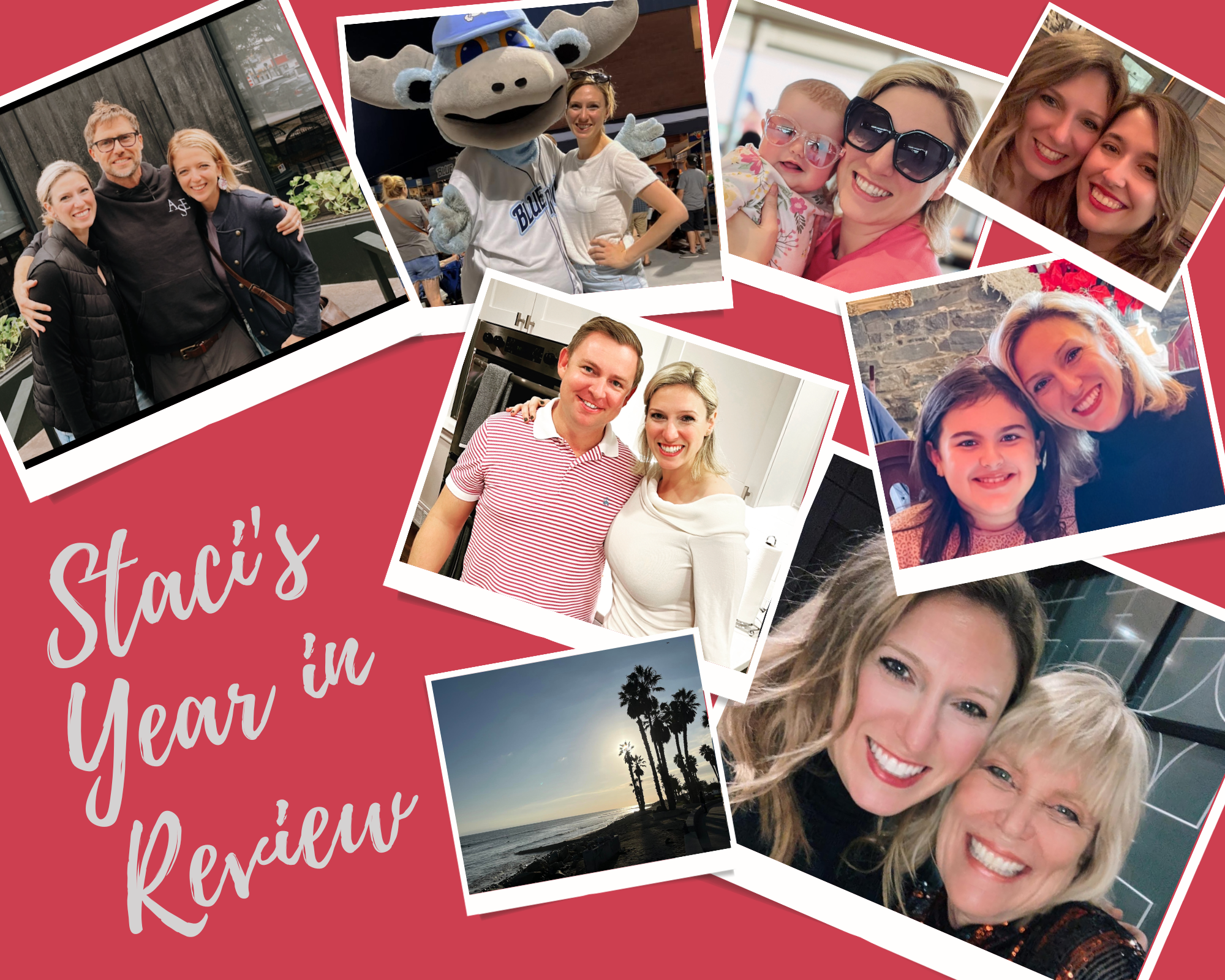On Monday, high school seniors breathed a collective sigh of relief as they celebrated National Decision Day, otherwise known as the deadline for choosing a school and submitting a deposit. As we scrolled through Instagram and saw all of the excited smiles and college swag, we couldn’t help but get nostalgic. We started thinking about our own college admissions experiences and the decisions we made!
We’ll admit that our journeys had a few bumps in the road, but there’s a LOT you can learn from our experiences. Read on to see who applied ED II to three, yes three schools; who banned their embarrassing father from campus tours; and who waited until April 30 to make a decision.
Washington University in St. Louis
COLLEEN’S STORY:
When I was a junior in high school, my school had college fairs twice per year where students could walk around and meet the various admissions representatives. My best friend and I were walking around together, and she stopped to talk to the Williams representative. While I was waiting for her, I noticed that the Wash U rep next to the Williams rep was also named Colleen! I knew nothing about Wash U - and was not particularly interested - but I was happy to chat with a fellow Colleen, and learned about Wash U as a bonus! I ended up becoming really interested and went with my mom to visit campus, and we both loved it. It also helped that a family member, my mom's brother, lived in St. Louis - I was close with my uncle and his family, and liked that I would have someone there if I needed anything.
I have written before about how my dream school was Notre Dame, and when I got rejected during the early action round as a senior, I was just devastated. At that point, I had gotten into my safety schools (Penn State and Tulane) but sort of recognized that if I got outright rejected from Notre Dame, I was likely not going to get into my second choice (Georgetown) either. It had a similar admissions landscape, and I knew that I needed to be strategic!
My next three choices - and I would have been happy with any of them - were Vanderbilt, Emory, and Wash U. I actually liked Vanderbilt the best, and so did my mom - we had visited campus twice by that point, and I think we both thought I was going to end up there after ND didn't work out.
But then I learned that all three had early decision II , and Wash U notified 1/15, Emory notified 2/1, and Vanderbilt notified 2/15. At the time, the order of their deadlines aligned with the order of their selectivity - Wash U was the most competitive of the three, then Emory, then Vanderbilt. So I decided to apply early decision II to all three schools with the idea that I would maximize my options that way, and once I got in somewhere, I'd just pull out of the remaining schools before they admitted me.
Fortunately, it all worked out - I found out on 1/15 that I got into Wash U, pulled out of Vanderbilt and Emory, and the rest was history! (And isn’t it funny how the selectivity of these places has changed so much in the last twenty years?!)
Moral of the story:
It’s all about strategy, and a component of that involves coming to terms with reality. I accepted that Georgetown wasn’t likely to happen and instead developed a strategic approach that would maximize my chances at the schools where I actually HAD a chance.
PSA: WE ARE NOT IN 2003 ANYMORE AND THIS PARTICULAR STRATEGY IS NOT ONE TO FOLLOW! ONLY ONE ACTIVE ED APPLICATION AT A TIME, PLEASE :) THIS WOULD NEVER FLY TODAY! YOU WOULD LIKELY WIND UP NOT GETTING IN ANYWHERE BECAUSE THE SCHOOLS WOULD COMPARE LISTS!
College of William & Mary
SHANNON’S STORY:
I have always had difficulty making decisions, so it is no surprise that I waited until the last minute (April 30!) to put down my deposit (p.s. - the last minute strategy is not one we recommend!). I was deciding between entering the William & Mary St. Andrews Joint Degree Programme or attending Georgetown. Both schools had initially crossed my radar with my very basic search criteria of "medium-sized" and my dad's insistence that I stay on the East Coast, and my mom and I had just completed two admitted students days (and a late-night drive from DC to Williamsburg).
I chose W&M for several reasons. There weren't as many students attending from my New England boarding school, so I valued the opportunity to step out on my own and make new friends (I had several close friends attending Georgetown already). I was also looking for a quintessential "college town" experience and wasn't sure about Georgetown's proximity to the city. But what ultimately led to my final decision was how seen and understood I felt throughout my application process to William & Mary. The open-ended "optional essay" let me send the school an essay that no other schools had received, and one that I felt really described me. I was able to share my authentic self and feel accepted during the process, and I thought, "This school really gets me. If they think I'm a good fit, they must be right!"
I'm not going to lie, I really struggled with my college decision process! But in the end, I had the best experience at William & Mary and St. Andrews, and I am confident that I made the right decision for me.
Moral of the story:
Trust yourself, even when it seems hard, and get ready for a great four years!
Franklin and Marshall College
STACI’S STORY:
When it came to the college admissions process, I was a mess. I had no idea where I wanted to go and couldn’t decide between big or small, urban or rural, domestic or international. So how did I narrow down my college list? I didn’t. I applied everywhere! Okay, well not everywhere but to 17 schools—and this was long before the days of digital Common Applications. I don’t remember every school on my ridiculously erratic list, but I do know it ranged from Dickinson College to NYU to the University of Essex. Yes, I was even thinking of studying in the UK or Paris.
Seventeen-year-old me wasn’t that stressed about my 17 applications or the big decision ahead of me. It would all sort itself out. All I had to do was visit the schools to which I had applied and surely I’d get that magical “this is it!” feeling on one of the campuses. That never happened, though. Senior year crept by, and I still couldn’t narrow down my options.
So what role did my parents play in all of this? They were my accomplices! I was their first child, so they had no idea how to navigate the college admissions process. My dad- who negotiated for a living- thought that me applying to so many schools would wield him more bargaining power when he walked into an admissions office and tried to “wheel and deal” the cost of tuition, like it was a used car dealership. I was mortified, and eventually my mom had to ban my dad from campus visits. And speaking of my mom, well, she tried to be quietly supportive. However, the mother in her couldn’t help but try to pressure me to stay close to home.
By spring of my senior year, I was in a perfect storm. I had 13 acceptance letters, 2 clueless parents, and zero “this is it!” feelings. So I rsvped ‘yes' to several admitted student days, and I’m so glad I did! These events made all the difference. When I went to Franklin and Marshall College, I was greeted by the president of the college. He stood there for several minutes chatting with me and then walked me to the building where I needed to be for my first session. I think he could sense how nervous I was since my parents weren’t there. Throughout the day, I experienced that same friendliness and care from everyone I met on campus. Unlike other schools, where the admitted student days left me feeling a bit overwhelmed and invisible, F&M made me feel like I mattered, like they really wanted me there. Of course, I still tortured myself and my parents by not trusting my gut feeling. I spent weeks second-guessing myself, but eventually I chose F&M.
So that’s how I ended up going to college at a small liberal arts school in Amish country, Pennsylvania. Looking back, I sometimes get a little pang of regret, thinking it would have been more exciting to have gone to college in a big city. But I truly loved my time at F&M, and it was definitely the right environment for my teenage self.
Moral of the story:
Figure out what you want and do your research BEFORE you start applying to schools. And if you don’t have a clear direction (and your parents don’t either), ask for help! My parents and I could have saved ourselves so much stress and a whole lot of fights if we had had professional guidance. Sorry, Mom and Dad!



















































